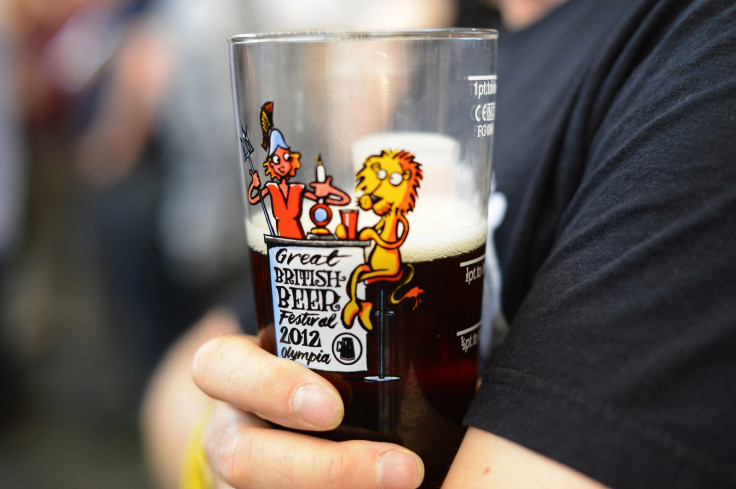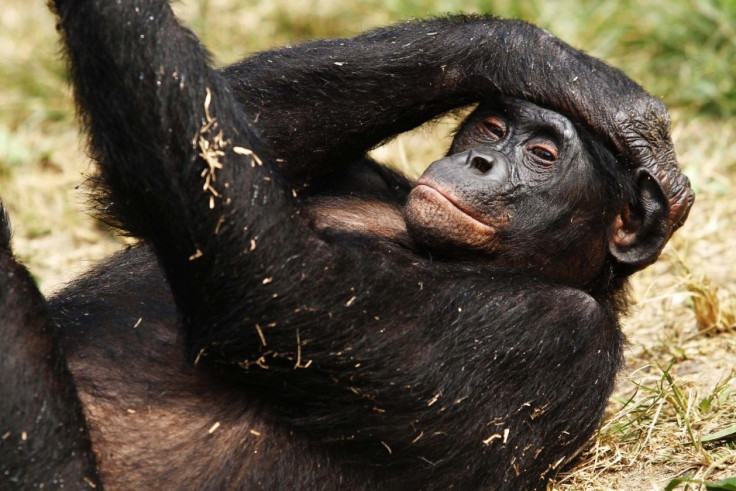Human ancestors started drinking booze 10 million years ago, scientists say

Humans ancestors first started drinking alcohol about 10 million years ago – eons before previously thought, scientists have said.
Researchers at Santa Fe College in Florida say analysis of the gene ADH4 – which produces an enzyme to break down alcohol in the body – can be found in humans 10 million years ago.
Published in the Proceedings of the National Academy of Sciences, the findings challenge the long-held theory that alcohol was first brewed by Neolithic farmers in China 9,000 years ago – they found honey could be fermented into a liquor.
The researchers say ADH4 emerged when humans came down from trees and started to eat fermented fruit that had fallen to the ground. They analysed reconstructed genes from 28 different mammals, including 17 primates.
Study author Matthew Carrigan explained that they are now able to resurrect ancestral proteins from extinct organisms to test "models of protein function based on natural history and Darwinian evolution". In their study, they look at primate-ethanol interactions.
"The evolving catalytic properties of these resurrected enzymes show that our ape ancestors gained a digestive dehydrogenase enzyme capable of metabolising ethanol near the time they began using the forest floor about 10 million years ago.

"The ADH4 enzyme in our more ancient and arboreal ancestors did not efficiently oxidize ethanol. This change suggests exposure to dietary sources of ethanol increased in hominids during the early stages of our adaptation to a terrestrial lifestyle.
"Because fruit collected from the forest floor is expected to contain higher concentrations of fermenting yeast and ethanol than similar fruits hanging on trees this transition may also be the first time our ancestors were exposed to - and adapted to - substantial amounts of dietary ethanol."
He said their findings show ancestors of humans possessed a novel enzyme that allowed them to ingest ethanol, and that they believe this was adapted to our hominin ancestors.
"This transition implies the genomes of modern human, chimpanzee and gorilla began adapting at least 10 million years ago to dietary ethanol present in fermenting fruit - a source of ethanol that is remarkably similar in concentration and form, i.e. with food, to the moderate ethanol consumption now recognised to be healthy for many humans.
"This conclusion contrasts with the relatively short amount of time - about 9,000 years - since fermentative technology enabled humans to consume beverages devoid of food bulk with higher ethanol content than fruit fermenting in the wild."
© Copyright IBTimes 2025. All rights reserved.






















